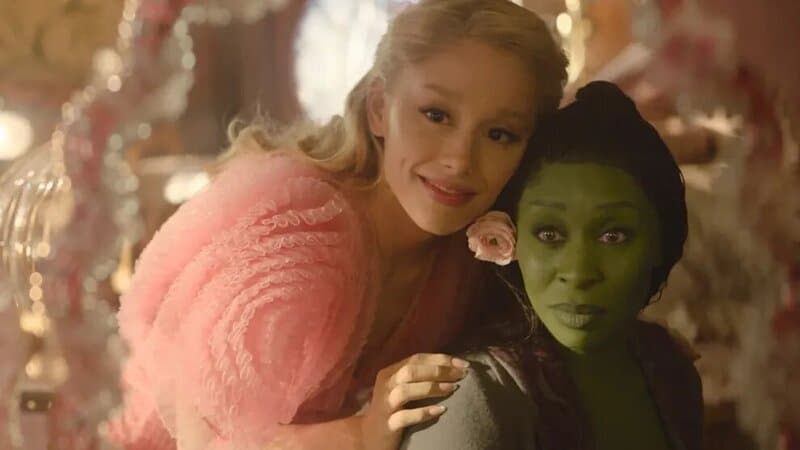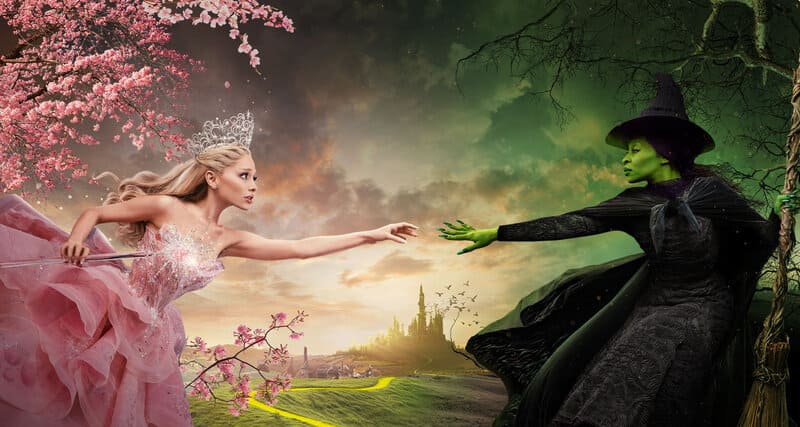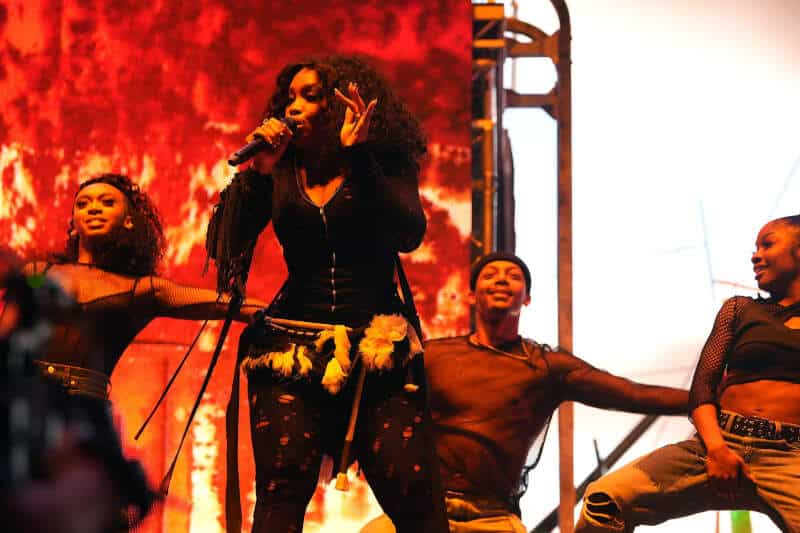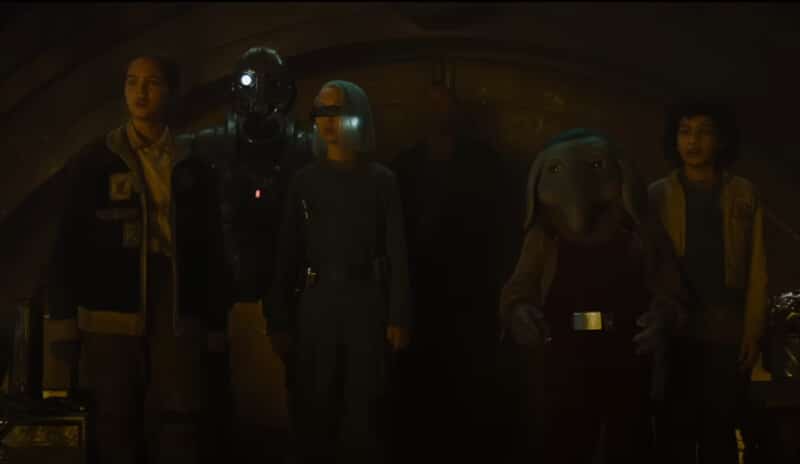Released on November 22nd, Wicked: Part One ignited heated discussions about theater etiquette. Particularly regarding moviegoers who are recording parts of the movie in theatres. As the film hit theatres, clips and stills from the musical flooded social media, sparking outrage. Specifically, discussions focused on the capturing and sharing of unauthorized movie content during a public screening.
Origins of Wicked Online Debates
This behavior not only affects the moviegoing experience but also everyone involved in the creation of Wicked. Furthermore, questions concerning the future of theater etiquette continue to escalate. Unfortunately, the rise of social media has blurred the lines between sharing excitement and disrupting the cinematic experience. Likewise, respecting filmmakers’ intellectual property rights must remain a high priority.
Initially, a user on X caused this online controversy when he shared a photo depicting a scene from Wicked. Following this simple action, a wave of responses poured in, taking over social media. Garnering over 18 million views, the post encouraged others to do the same, causing more people to capture photos during the film. These images include snapshots of the main stars, Ariana Granda and Cynthia Envo, and other important scenes from the film’s climax.
Criticism and Solutions
Critics of the user’s actions quickly condemned the behavior, calling it everything from unacceptable to lawful. Moreover, some mover-goers pushed for the film’s distributor, Universal Pictures, to solve the problem and remove the offending content. Conversely, others targeted movie theater chains like Regal and AMC, asking them to address the issue directly. They even urged these companies to punish these individuals to sway others from participating. Interestingly, the cinema chain Alamo Drafthouse weighed in on the theater etiquette discussion with a potential solution.

Specifically, they proposed an alternative to sharing a film’s unauthorized footage from theaters – simply accepting defeat. Agreeing with Drafthouse, many users also felt that stopping phone use during theater screenings was a waste of time. In particular, an individual garnered significant support, garnering over 50,000 likes, when they expressed their resignation on solving the problem. Still, other people continue to fight against cell phone use by advocating for basic courtesy for fellow moviegoers and the filmmakers of Wicked.
Responses to New Movie Trend
The latest trend involving the widespread sharing of unauthorized movie content isn’t unique to one specific social media platform. Besides X, formerly known as Twitter, this theatre etiquette behavior was also found on TikTok. On there, users took to sharing unauthorized movie content to new heights when entire scenes from Wicked were leaked and shared online. To critics, this behavior violates both copyright laws and theatre regulations.
Explicitly, federal law states that using recording equipment, including cell phones, to capture movie content without the copyright owner’s permission is prohibited. Additionally, theater chains have established clear policies against recording devices to combat the problem. For instance, Regal Entertainment Group has a zero-tolerance policy for camera use within their facilities. Also supporting federal law, AMC Theatres prohibited camera use in their auditoriums. Despite these solutions, theatres and lawmakers will still have to overcome numerous challenges to manage this growing trend.
Along with these captured movie images, debates involving audiences singing along with a musical have popped up across social media. As a response, AMC Theatres reaffirmed its comment to maintain a respectful cinematic environment in multiple ways. First, they established guidelines prohibiting talking, phone calls, and texting during films. In addition, they introduced a new advisory that precedes every screening. Notably, their 30-second introduction features scenes from Wicken to reinforce AMC’s core guidelines. Lastly, AMC developed a policy prohibiting disruptive actions, in general, to ensure an enjoyable cinematic experience for all audiences.
Final Thoughts
Ultimately, disruptive behaviors distract moviegoers from fully engaging with the performances. Moreover, this behavior disrespects the actors, musicians, and production team, who worked tirelessly to create this box-office hit, Wicked. Therefore, moviegoers everywhere must understand the importance of theatre etiquette as it creates a positive and immersive theater experience.




